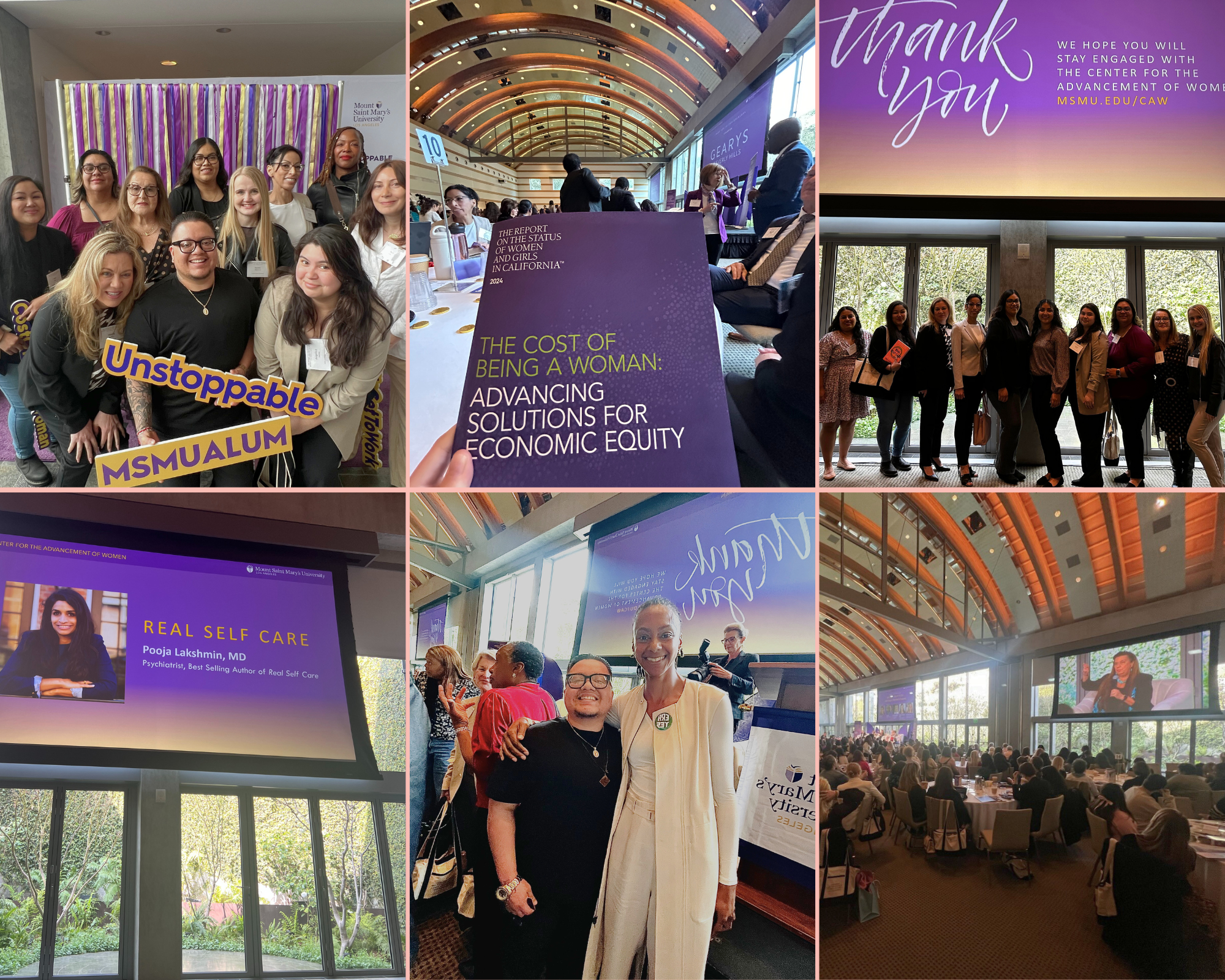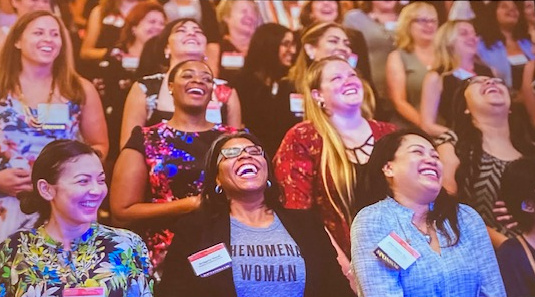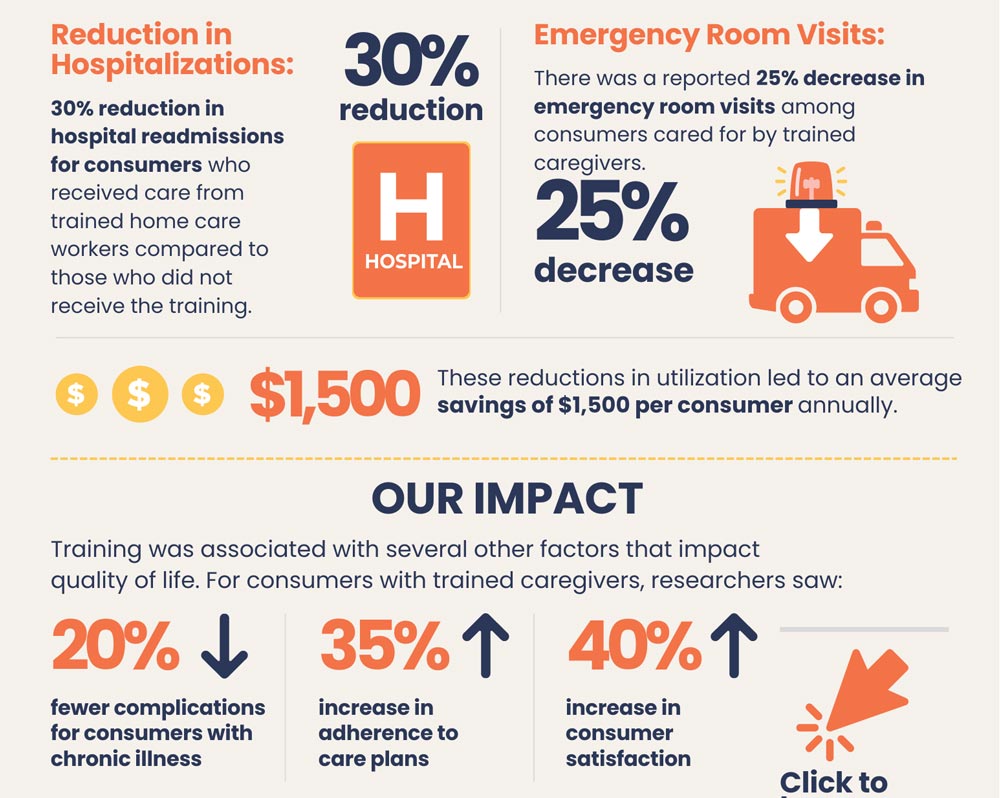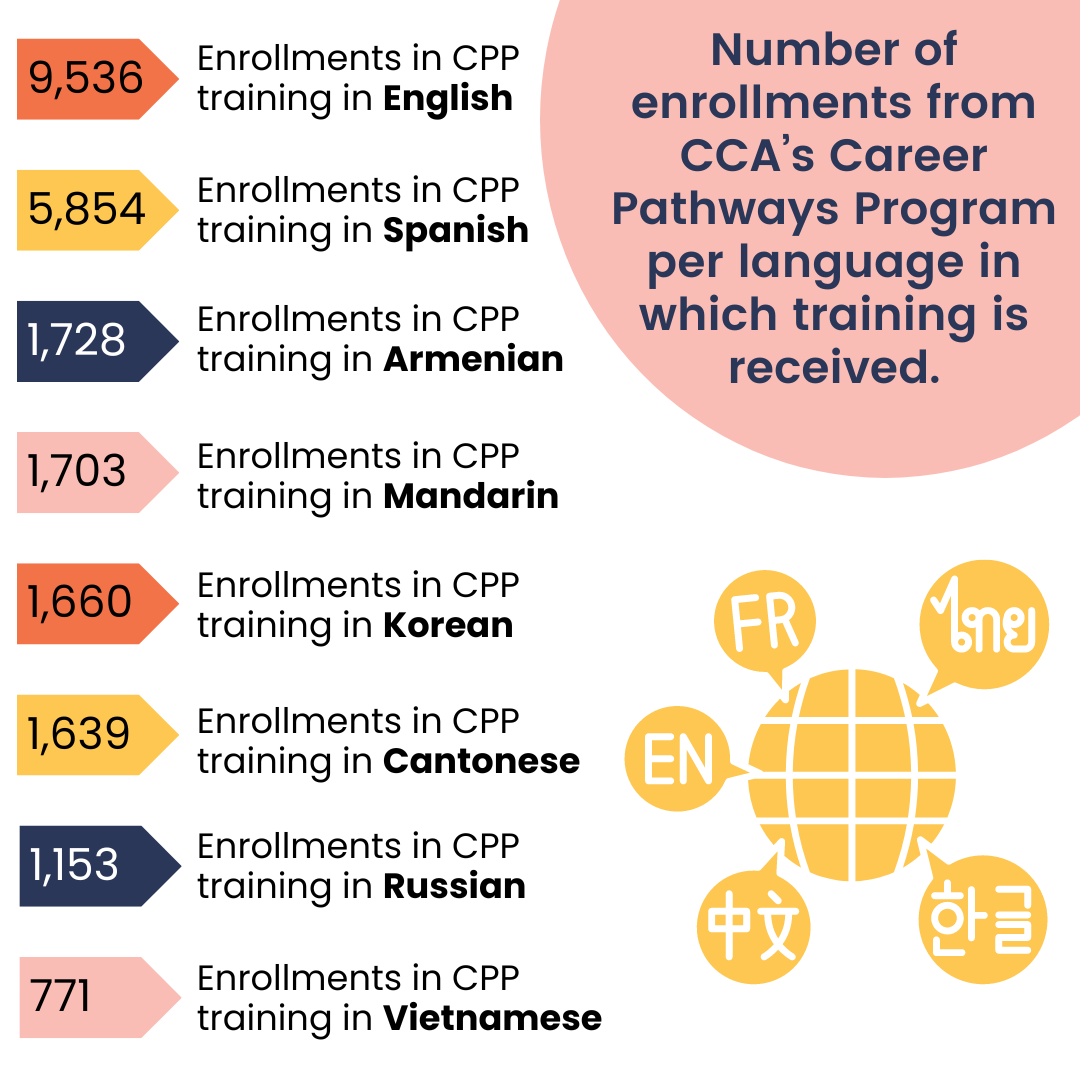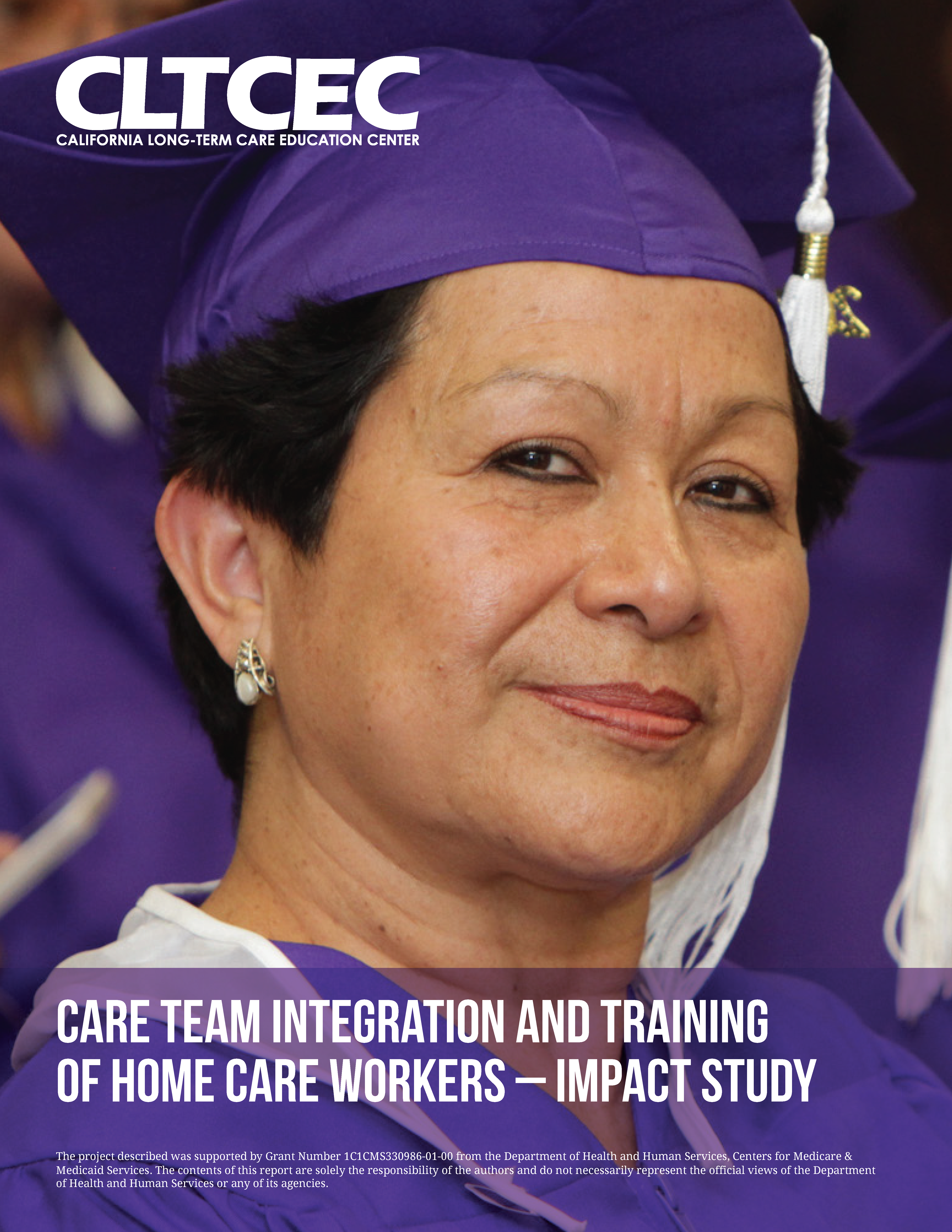In California, around one in three women are currently providing long-term care for a family member or friend, according to the 2024 annual Report on the Status of Women and Girls in California. Caregiving, a field predominantly consisting of female workers, is a vital role many Americans depend on. Yet, it often remains an “invisible workforce;” despite the value it brings to the economy and healthcare system, the workforce is not given the compensation or recognition that it deserves.
Societal Structures and Institutions Are Built Without Women in Mind
“The idea of the selfless woman who puts everyone else first is ingrained in our culture and even our communities. It is even reflected in our institutions and structures that were built without women in mind, increasing barriers for women and limiting our economic opportunity,” said Holly Martinez, Executive Director of the California Commission on the Status of Women and Girls, during the Report’s public release event on March 22.
An Estimated 90% of Caregivers or Home Care Workers Are Female
As California’s largest provider of free and accessible training for caregivers, the Center for Caregiver Advancement (CCA) is a staunch advocate for dismantling barriers and promoting equity for long-term care workers. One of CCA’s core organizational beliefs is that caregiving is a profession deserving of respect and recognition. Around 90 percent of CCA-trained homecare workers are women.
Similarly, 89 percent of skilled nursing workers who were trained at CCA are women. The highest percentage of both homecare and skilled nursing workers were in their 50s. Also among CCA-trained home care workers, 70 percent report they take care of a family member.
These statistics directly align with the data presented at this year’s Report on the Status of Women and Girls in California, which suggests that “the average caregiver is a 58-year-old woman caring for an 81-year-old parent.”
CCA Training Empowers Caregivers By Giving Them Specialized Skills for Professional Growth
CCA’s training makes it possible for hard-working caregivers to step out of invisibility as a workforce by acquiring specialized skills and knowledge that establish them as professionals. This was our mission since the beginning as our organization’s founders, a group of resilient female caregivers, fought to provide long-term care workers with three crucial things that had been previously lacking: livable wages, benefits, and training.
Since 2000, CCA has trained over 42,000 of California’s paid caregivers. One of the key goals of our organization is to inspire system-change conversations around specialized skills and translate those into higher wages for caregivers. Those who participate in our programs are paid for their time in training, with some programs offering stipends upon completion. This is a step in the right direction towards breaking long-established barriers and recognizing the profession of caregiving for the noble and respectable role that it is.
Although significant improvements have been made in recent decades regarding advancing women’s roles in the workforce, progress remains as we strive to build a more equitable world. For example, according to the Report, “women still take on more unpaid caregiving duties than men.”
Building a More Equitable Future in the Caregiving Workforce and Beyond
An important aspect of our vision at CCA is centering our work on race and health equity, acknowledging that progress for women is not truly achieved unless that includes all women – regardless of their background.
The inequities in society are multifaceted and go beyond gender. For example, as shared in the Report, to make as much in her lifetime as a 65-year-old white male, a White or Asian-American woman would need to work until she is 75 years old. However, a Black woman would need to work until she is 95 and a Latina until she is 115 years old.
According to the Pew Research Center, “differences in factors such as education, hours, experience and occupations significantly affect the overall earnings between different groups of women.” Building a more equitable workforce entails removing barriers that limit access to these crucial factors.
Immigrant women of color comprise the majority of the caregiving workforce. In 2022, 61 percent of CCA-trained homecare workers identified as Hispanic or Latino, 19 percent identified as Black or African American, 13 percent were Asian, and four percent White.
Among the skilled nursing workers trained that same year, 58 percent were Hispanic or Latino, 22 percent identified as Black or African American, 15 percent as Asian, and four percent as White.
Access to education is a barrier that CCA is actively working to remove. All of our training programs are completely free of charge, removing the financial burden of funding an education.
Additionally, we offer training in several different languages in addition to English, including Spanish, Korean, Mandarin, Armenian, Cantonese, Russian, and Vietnamese.
While data reporting gender and race-based inequities can be sobering, it is an important step to acknowledge these truths. These statistics help guide further progressive action as we strive to build a more equitable workforce where everyone, regardless of their gender, race, or wealth, has an equal chance at success.



